Why Germany challenges Türkiye’s doner kebab recognition in EU
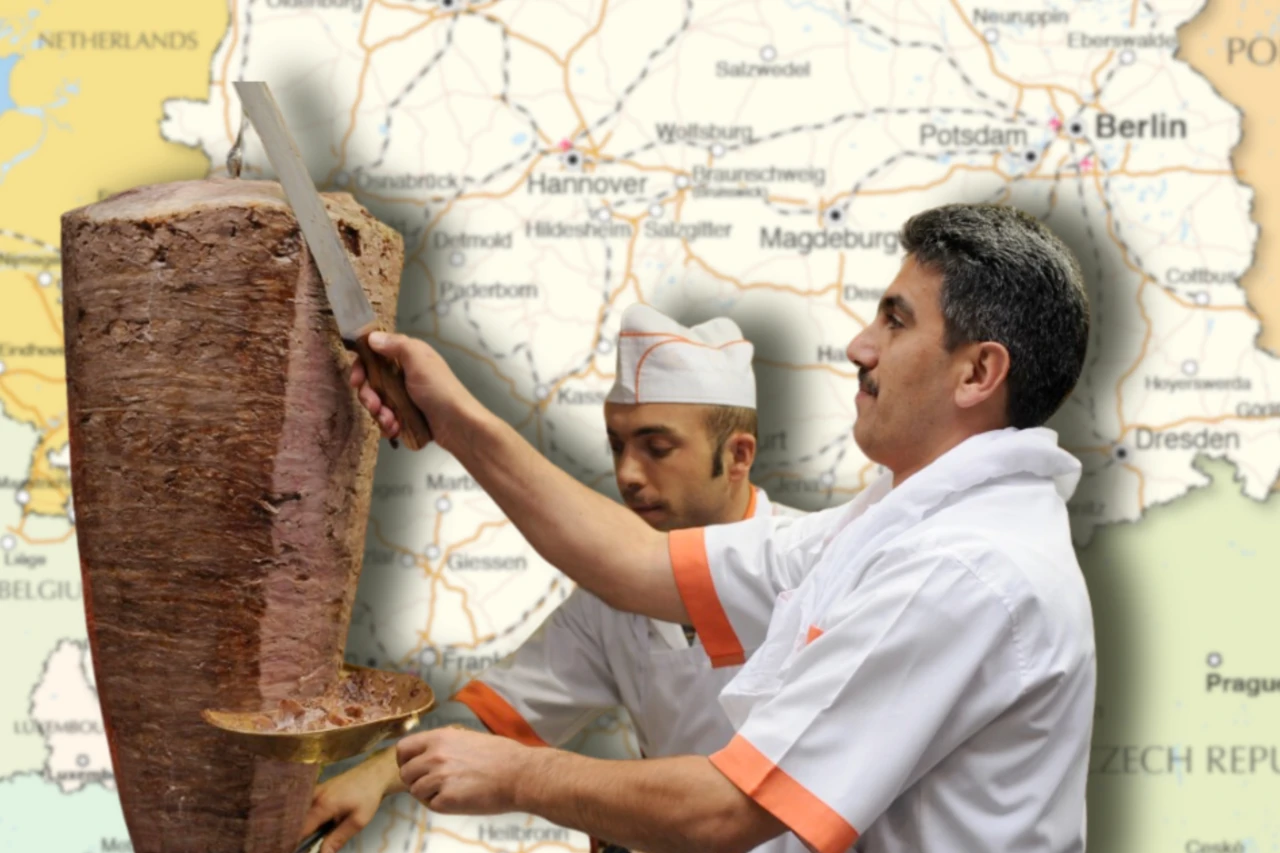 Deep dive into Germany's pushback on Türkiye’s bid for EU recognition of doner kebab, October 31, 2024. (Created with Canva)
Deep dive into Germany's pushback on Türkiye’s bid for EU recognition of doner kebab, October 31, 2024. (Created with Canva)
Türkiye’s push for EU recognition of doner kebab as a traditional specialty has sparked significant objections from Germany.
This debate touches on cultural heritage, economic interests and culinary traditions, influencing discussions across Europe.
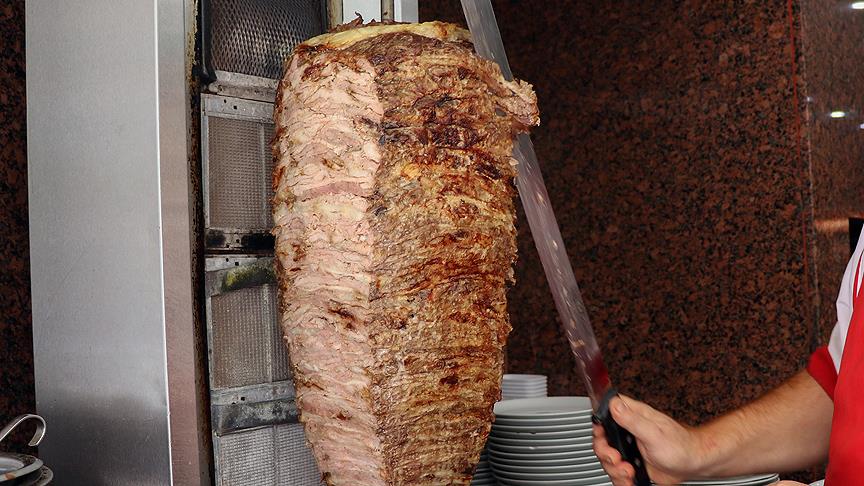
Türkiye’s bid for doner kebab’s EU recognition, Germany’s strong response
In April 2024, Türkiye submitted an application to the European Commission to recognize doner kebab as a Traditional Specialty Guaranteed (TSG) product.
- This status would ensure that only doner prepared using specific methods and ingredients can use the name
- The goal is to preserve the dish’s roots and authentic preparation
Germany reacted quickly. Cem Ozdemir, Germany’s food and agriculture minister, voiced opposition, stating, “The kebab belongs to Germany. Everyone should be allowed to decide for themselves how it is prepared and eaten here. There is no need for guidelines from Ankara.”
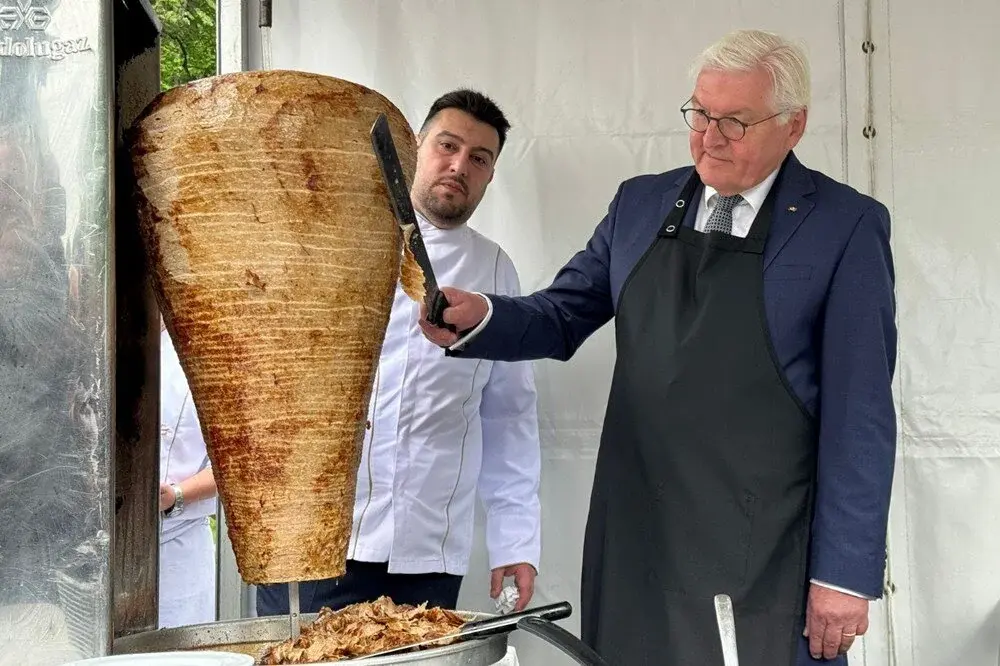
Differences in preparation methods, impact on recognition
The debate over Türkiye’s doner kebab application is also related to major contrasts in preparation.
- Türkiye’s standards: The proposal specifies using beef from cattle at least 16 months old, marinated with animal fat, yogurt and specific spices. Each slice must be 3-5 millimeters thick.
- Germany’s version: Features younger meat, turkey and vegetables, diverging from Turkish standards.
- Industry concerns: Ingrid Hartges from the German Hotel and Restaurant Association emphasized that adopting Türkiye’s criteria could complicate the market and increase costs.
- Adaptation response: Berlin shop owners, like Deniz Buchholz of Kebap With Attitude, remain adaptable. “We will go the Berlin way and find a solution to name it differently,” he noted, suggesting resilience if new regulations are imposed.
These ongoing discussions highlight the challenges of maintaining culinary authenticity while balancing regional practices.
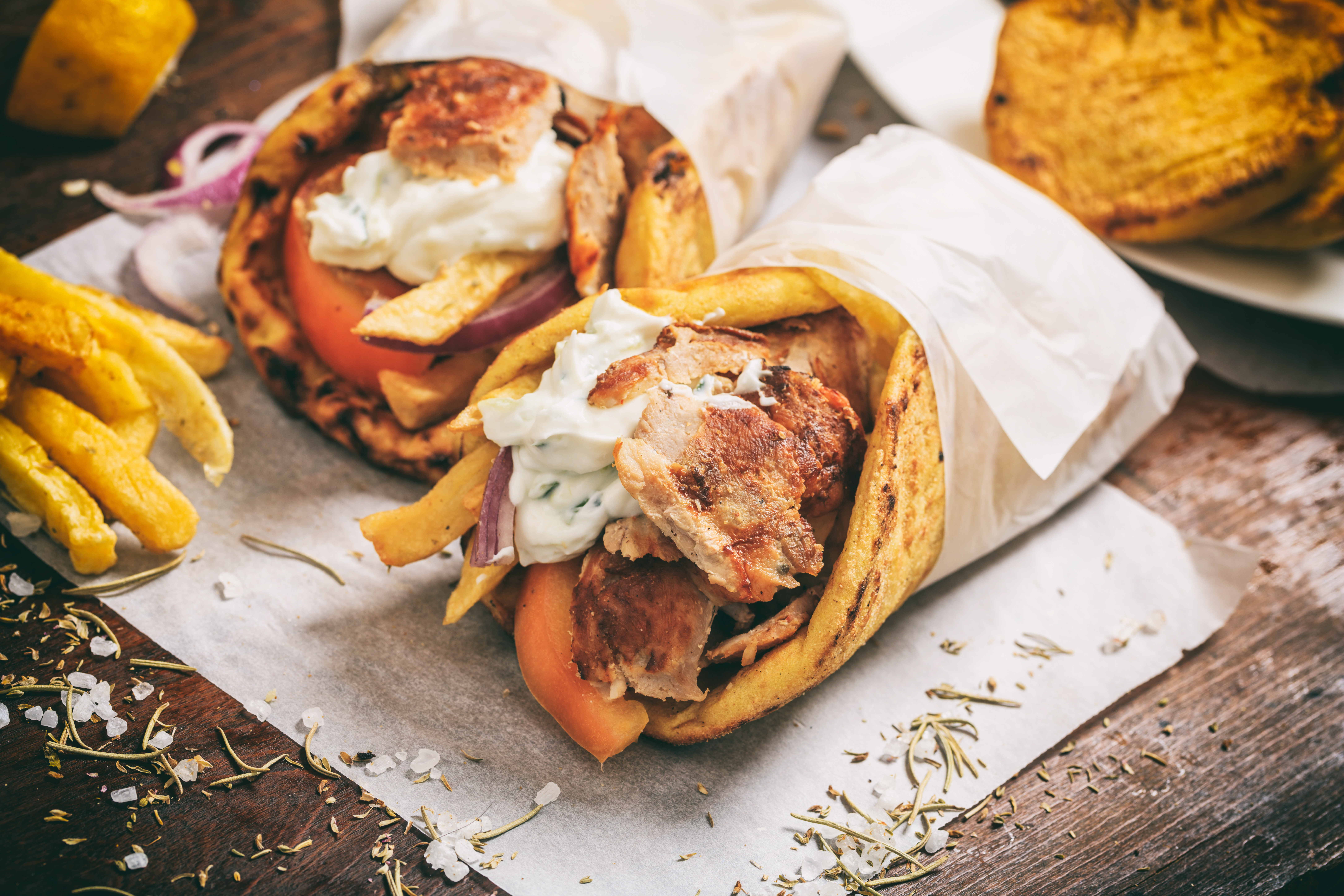
Case of Greece with gyros: Smoother path to recognition
Greece’s journey to secure Traditional Specialty Guaranteed status for gyros in 2019 adds an interesting comparison.
- The Greek Ministry of Agriculture and Food, alongside SEVEK, submitted their application in late 2018.
- Preparation for submission took only two months, and the EU estimated final certification would be completed within 12-18 months.
- This relatively smooth process raises questions about why Türkiye’s bid for doner kebab has faced more resistance.
While Greece’s recognition process was met with minimal hurdles and resistance from other countries, Türkiye’s effort sparked economic and political pushback, suggesting potential inconsistencies in the EU’s evaluation approach.
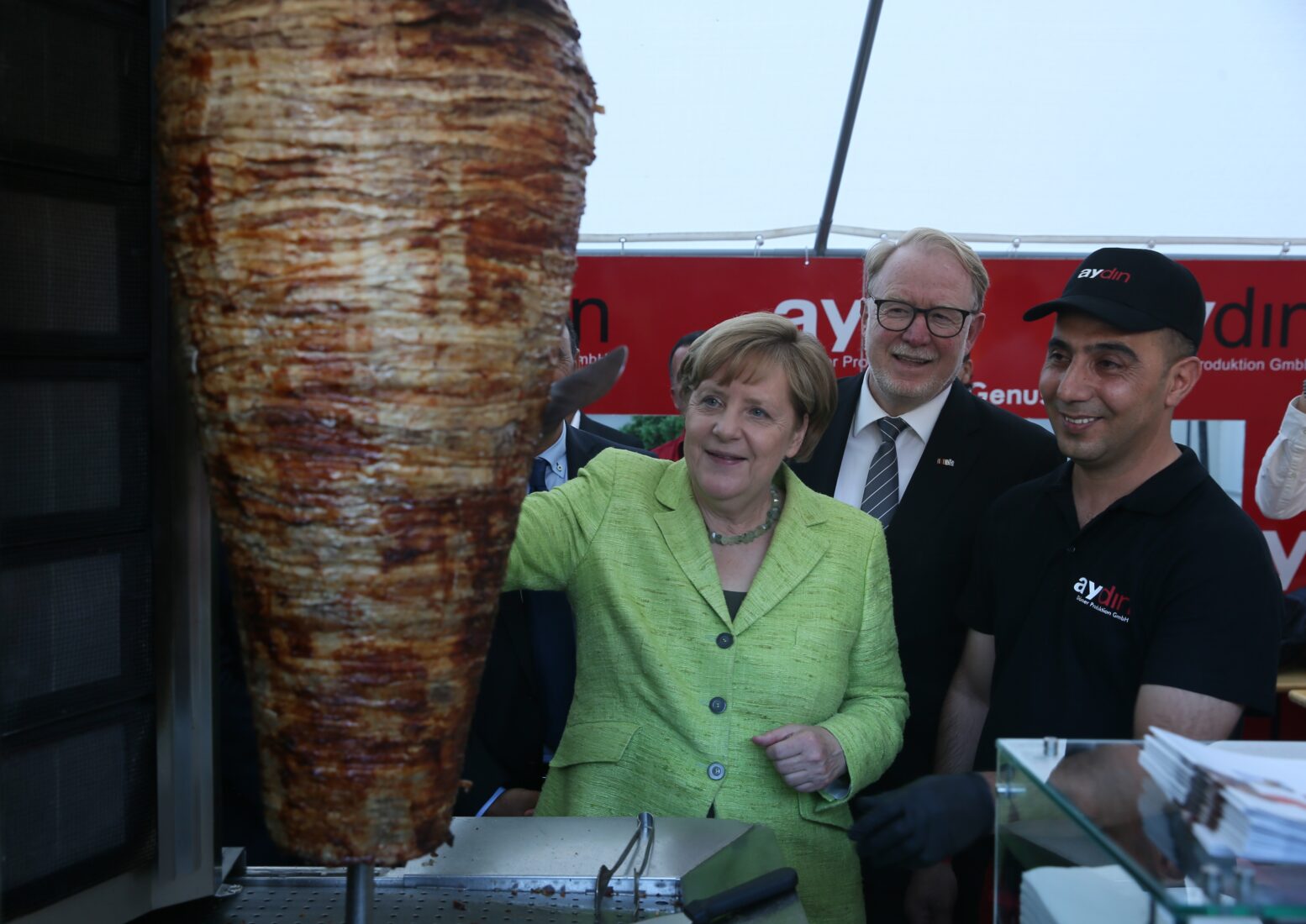
Economic stakes, historical roots of Turkish doner kebab
The doner kebab industry in Germany alone generates around $2.6 billion annually, with the figure reaching $3.9 billion across Europe.
Turkish immigrants introduced doner kebab to Germany in the 1970s, adapting it to local tastes by serving it in pita with salad and garlic yogurt sauce. This Berlin-style doner has become a staple, representing cultural exchange.
The origins of doner kebab trace back to Türkiye and the Ottoman Empire, with the term “doner” meaning “to turn,” referring to the rotating spit. By the 19th century, it was already a popular dish in Istanbul and gradually expanded across Europe.
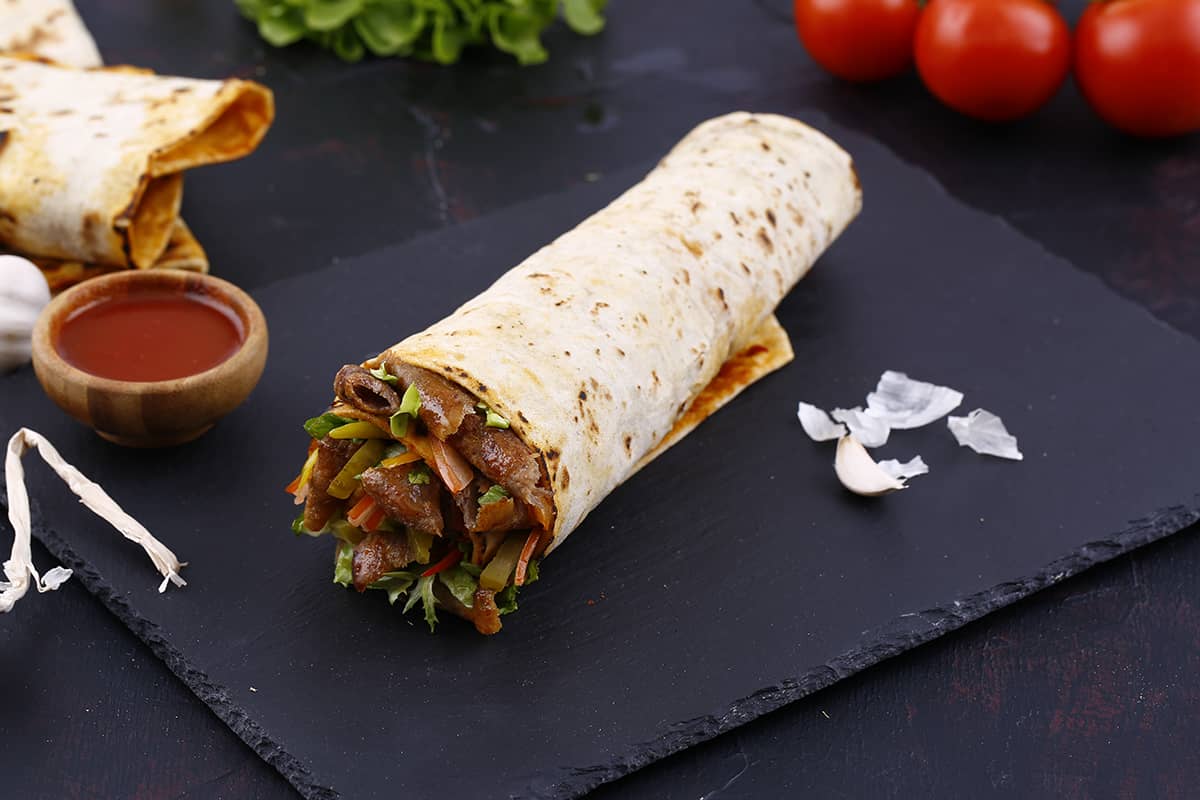
EU’s approach to Turkish doner kebab issue, what could happen next
The European Commission has given Türkiye and Germany until March 2025 to find a compromise. If an agreement isn’t reached, the commission will issue a final ruling. Germany’s Federal Ministry of Food and Agriculture, backed by 10 other organizations, pointed out that Türkiye’s proposed standards could burden German producers.
“We have taken note of the application from Türkiye with some astonishment,” the ministry commented. “The kebab is part of Germany, and the diversity of its preparation methods reflects the diversity of our country – this must be preserved.”
For Türkiye, achieving EU recognition for doner kebab is crucial for preserving its culinary heritage. The International Doner Federation in Istanbul backs this effort, emphasizing that the dish is an essential part of Türkiye’s cultural identity.
What happens if no compromise is reached: If Türkiye and Germany fail to reach an agreement, the European Commission will decide on the matter. The outcome could shape the future of doner kebab in Europe and set a precedent for how traditional foods are protected.



